Module 2 : 34-hour Advanced Certification Program ( CRPC )
Rp13.000.000DATES :
July : 09, 10, 16,17, 23
July : 30-31 [ FULL DAY ONLINE ]
Group Supervision
August : 06
This 44-hour Advanced Professional Coach Program offers more robust coaching skills and technique while using the same Resonant Coaching Model and philosophy which comprises of 4 main pillars and another 4 supporting pillars.
As covered in Fundamental Coach Program, the four main pillars of Resonant Coaching Model are :
The four main pillars are then served by four supporting pillars which are Listening, Curiosity, Powerful Questioning, Mindfulness Intuitiveness
All the 8 pillars are meant to coach the coachee as complete person which lies in the core of Resonant Coach Philosophy Model
The philosophy itself also serves the 8 (eight) core ICF competencies which are as follows :
The ICF Competency Framework :
Executive Coaching
Team and Group Coaching
Building Coaching Culture in an organization
Using Assessment in Coaching :
Learning Objectives :
Course Modules :
Course Structure :
Certification :
Total : 34 Hours of Coach Specific Training Hours
DATES :
July : 09, 10, 16,17, 23
July : 30-31 [ FULL DAY ONLINE ]
Group Supervision
August : 06
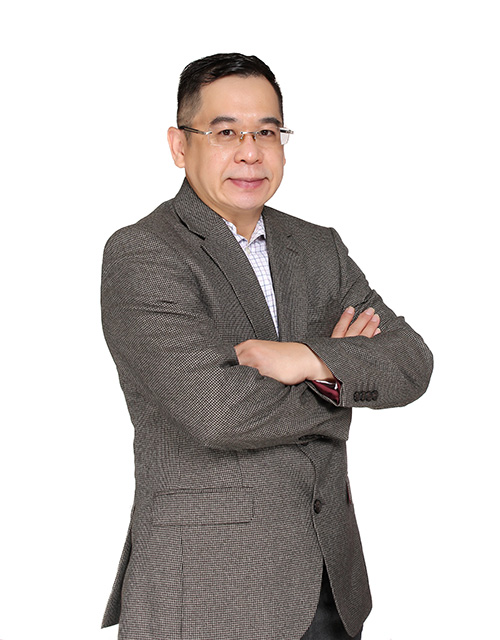
Currently he holds a number of international certifications and credentials :
Terms of Payment
Cancellation Policy :
Registration info :
Phone : +622129601574
Mobile/WhatsApp : +6287722156882
Email : [email protected]
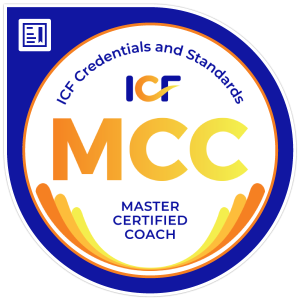 |
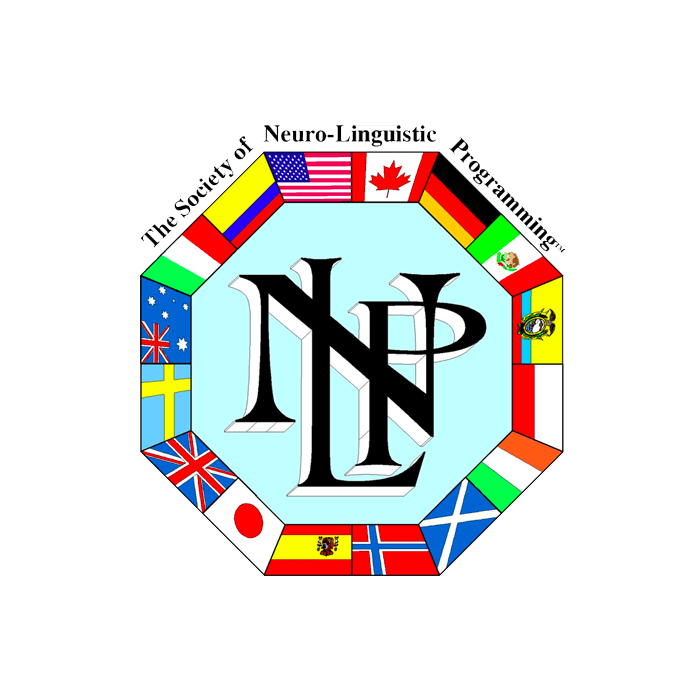 |
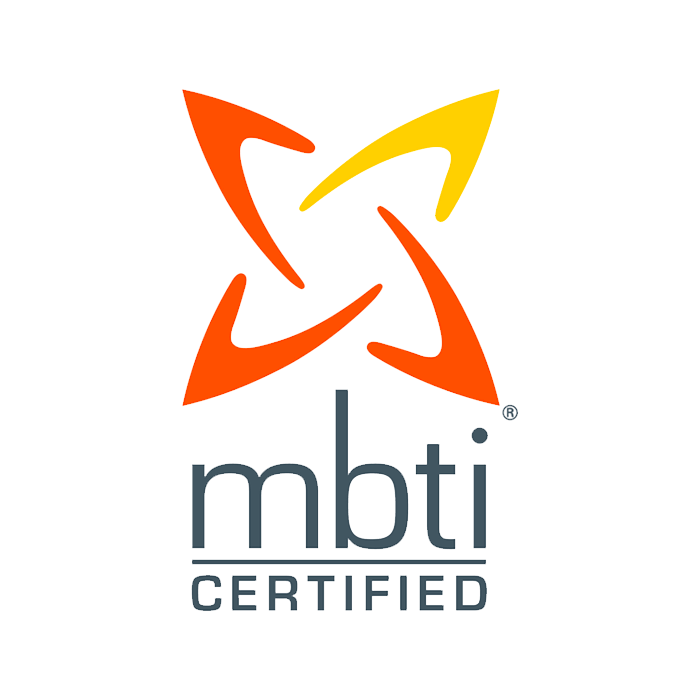 |
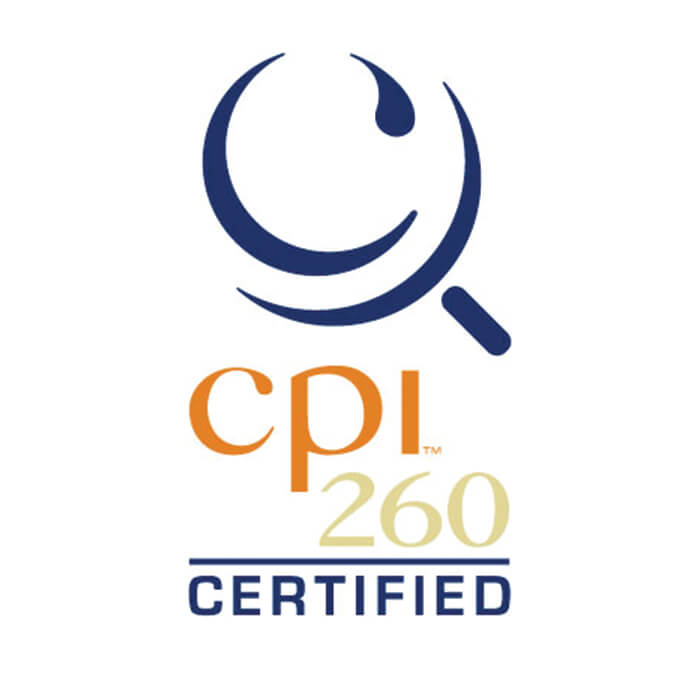 |
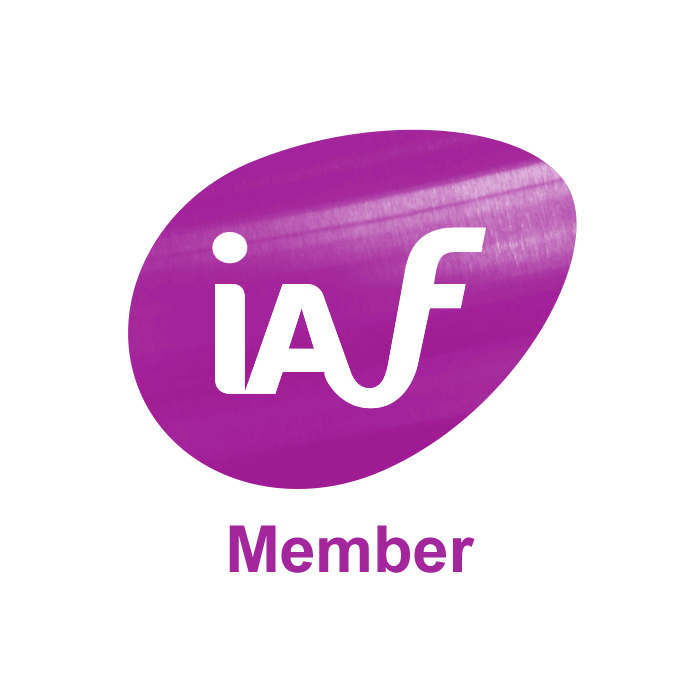 |
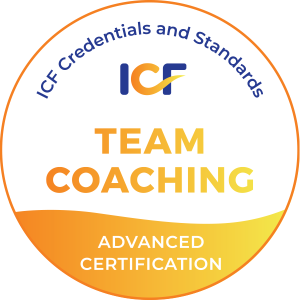
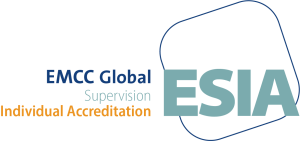
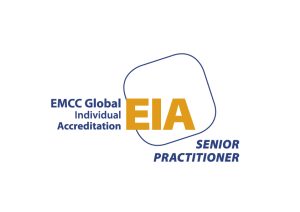
Course Delivery Methods :
Classroom face to face training, virtual learning platform, facilitation, coaching demos, role play coaching practices, observed coaching sessions
Designation :
Certified Executive Resonant Coach ( CREC )
Delivery Language :
Bahasa Indonesia and English
Who can attend :
Facilitators, trainers, executive leaders, managers, supervisors, consultants, anyone who aspires to become certified professional coach
Requirement :